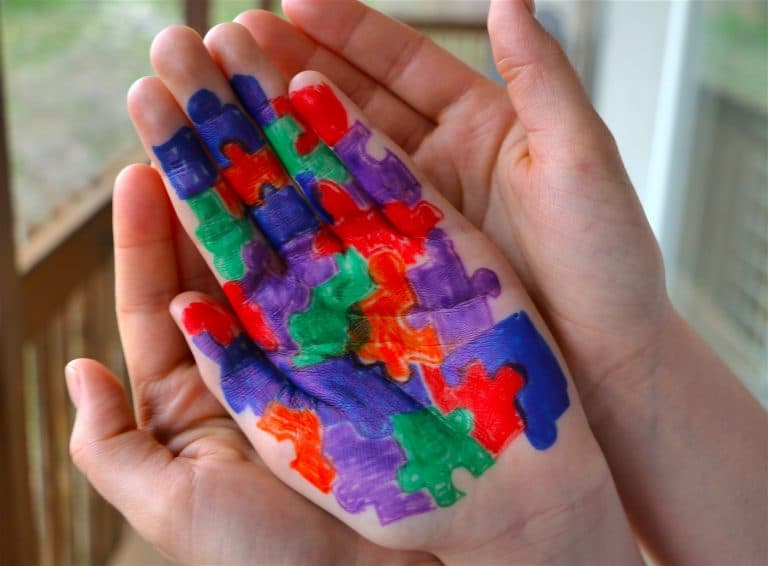

Adaptive behavior services address a range of deficient and maladaptive behaviors, including impaired social skills, communication, and self-care. These services also encompass repetitive and stereotypic behaviors that may pose risks to the patient, others, or property. The goal is to improve adaptive behaviors such as instruction-following, communication (both verbal and nonverbal), imitation, play, social interactions, self-care, daily living, and personal safety.
Adaptive behavior is measured according to chronological age, beginning from early development stages. This is because societal expectations change as individuals grow older. For instance, behaviors appropriate for a five-year-old are not necessarily suitable for a twenty-five-year-old. This age-specific approach helps tailor interventions effectively to meet developmental milestones and societal norms.
According to the American Medical Association’s CPT codebook, Adaptive behavior services address:
The “Adaptive Behavior Services Medical Billing and Coding Guide for 2024” will explore key differences between adaptive behavior assessment and adaptive behavior treatment, as well as some key concepts and comparisons. In this context, We will also explore how to navigate through the billing of these procedures.
Boost Your Billing With the Power of AI Harness the power of AI & human expertise, backed by 12 years of nationwide experience.Applied Behavior Analysis vs Occupational Therapy: While both ABA and occupational therapy aim to improve daily functioning, ABA therapy focuses on modifying behavior through reinforcement techniques, making it particularly effective for children with autism. Applied behavior analysis occupational therapy integrates principles of both fields to address adaptive behaviors in various contexts.
Cognitive Behavioral Therapy vs. Applied Behavior Analysis : Cognitive Behavioral Therapy (CBT) and Applied Behavior Analysis (ABA) are often compared due to their behavioral focus. However, cognitive behavioral therapy vs applied behavior analysis reveals that CBT primarily targets thought patterns to influence behavior, while ABA uses reinforcement strategies to shape behavior directly.
What is Applied Behavior Analysis Therapy?
Applied Behavior Analysis ABA therapy is a structured approach used to teach and reinforce positive behaviors in individuals, particularly those with developmental disorders such as autism. It involves breaking down skills into small, manageable steps and systematically reinforcing each step. It plays a vital role in improving communication, social skills, and daily living activities.
By comparing cognitive behavioral therapy vs. applied behavior analysis, and understanding the specific ABA therapy code s, we can better appreciate the unique contributions each approach makes to the field of behavioral therapy.
Adaptive behavior services are spread out across two categories in the AMA CPT codebook: category I (medicine section) and category III (temporary codes for emerging technology) . As of January 2024, there are 8 category-I CPT codes and 2 category-III CPT codes pertaining to adaptive behavior services. T his categorization helps in streamlining the Behavior Services Medical Billing process and ensuring accurate billing practices.
As of January 1, 2024, CMS has finalized the therapeutic service of telehealth Category 3 codes , which includes adaptive behavior/ABA services codes (97151-97158, 0362T, 0373T). However, audio-only interactions do not meet telehealth requirements, emphasizing the need for video and interactive sessions for services for ABA therapy billing .
The primary difference between CPT code 97152 and 0362T is the number of technicians involved and the nature of the behavior being addressed.
CPT 0362T deals with destructive behavior that requires a team of technicians and involves higher risks, whereas CPT 97152 addresses deficient adaptive behavior. Additionally, the 97152 CPT code is often compared in discussions of occupational therapy vs applied behavior analysis .
Similarly, CPT code 0362T is used for behavior identification supporting assessment and adaptive behavior treatment with protocol modification (0373T), include the following required components:
CPT Codes used in adaptive behavior treatment (as opposed to assessment) include 97153, 97155, and 0373T. For group treatment, use CPT codes 97154 or 97158. For family treatment, use CPT codes 97156 or 97157. These codes cover various adaptive behavior treatment types , ensuring comprehensive billing practices.
Applied Behavior Analysis (ABA) therapy is a type of therapy frequently applied to children with autism and other developmental disorders. It focuses on imparting skills in specific domains of functioning, such as social skills, communication, academic and learning skills, motor dexterity, hygiene, and grooming. The comparison of applied behavior analysis vs cognitive behavioral therapy highlights the structured and data-driven approach of ABA.
Common errors in Behavior Services Medical Billing include insufficient documentation, incorrect insurance verification, improper code assignment, and upcoding or downcoding . Utilizing proper billing practices and services for ABA therapy billing can help mitigate these errors.
At Neolytix , we are always ready to assist your practice with medical billing, coding, and revenue cycle management. Our medical billing services are 100% HIPAA-compliant and provided by a certified team of professionals. Likewise, our medical credentialing services are fast, efficient, and organized according to rigorous workflow management procedures.